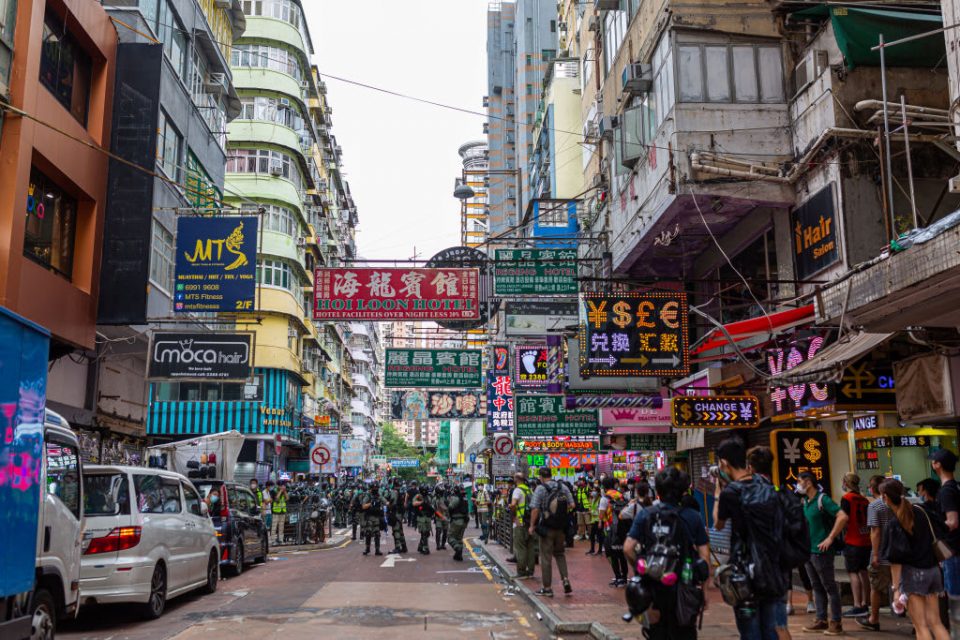Beijing unveiled details of its new national security law for Hong Kong on Saturday, paving the way for the most profound change to the city’s way of life since it returned to Chinese rule in 1997. National security activities would protect human rights and freedom of speech and assembly, it added, without providing details. China says the draft law is aimed at tackling separatist activity, subversion, terrorism and collusion with foreign forces, but critics fear it will crush wide-ranging freedoms that are seen as key to Hong Kong’s status as a global financial centre. The details of the law were unveiled following a three-day meeting of the top decision-making body of China’s parliament.
The exact time frame for enacting the law was unclear, although political analysts expect it will take effect ahead of key Legislative Council elections in Hong Kong on Sept. 6.
China’s move to impose the law directly on Hong Kong, bypassing the city’s legislature, comes after a year of sometimes violent anti-government and anti-Beijing protests that mainland and local authorities blame ‘foreign forces’ for fomenting.
Some political commentators say the law is aimed at sealing Hong Kong’s ‘second return’ to the motherland after Britain’s 1997 handover failed to bring residents of the restive city to heel.
Underscoring global concerns over the move, the European Parliament on Friday voted in favour of taking China to the International Court of Justice in The Hague if Beijing imposes the security law on Hong Kong. Despite such assurances, the law has alarmed business groups, diplomats and rights organisations, further strained ties between the United States and China, and prompted the G7 foreign ministers to urge Beijing not to go through with it.






